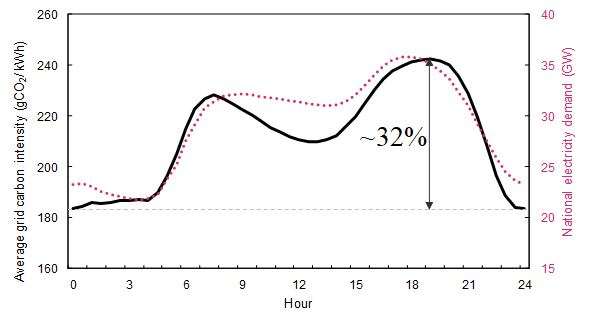Wind farms were paid to switch off on Tuesday evening at the same time households were asked to turn their lights off to save energy.
Between 4:30 and 6:00pm on Tuesday, wind farms were paid about £65,000 to stop producing enough electricity to power 50,000 homes for a day, according to data from the UK Wind Curtailment Monitor.
At the same time, households were being asked to switch off their devices to help save electricity, amid concerns from National Grid ESO, the legally separate part of the National Grid which balances supply and demand, that it would not have sufficient energy supply.
In the end, these concerns were not realised. However, the grid operator said that payments to wind farms to switch off were likely to occur in the future, even as the country was forced to turn off devices to stop blackouts.
A cynic might be forgiven for suspecting if there was ever a risk of black outs at all, what with exporting electricity to Ireland and paying windfarms to shut down right when we are supposedly short ourselves.
Perhaps this was just a pre-planned rehearsal for what is to come when they turn off the gas. Or was it really just another money making scam.
If I was a consumer signed for this scheme I would be monitoring the grid for when the max usage is, I would then concentrate all my regular electricity usage at that time of day.
Then, when I am asked to turn off I maximise my fee for the difference saved. This system won't work unless they introduce compulsory smart meters and variable tariffs to control demand. And right now, the appetite, both of the consumer and the Govt aren't there for it.


